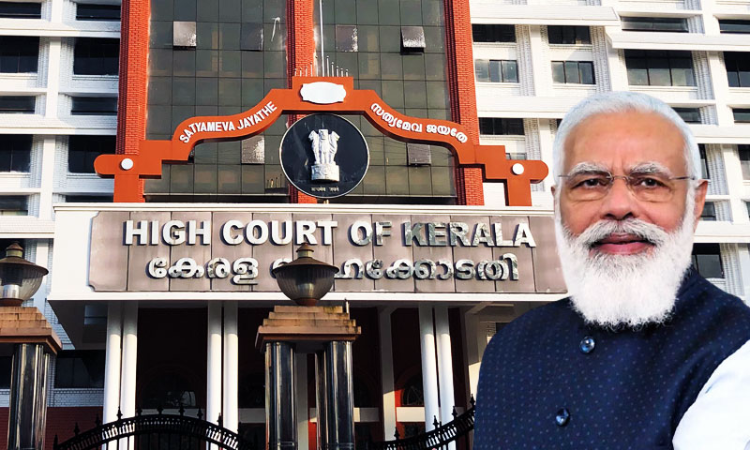'Citizens Can't Be Intolerant To the Extent That They Cannot Withstand Printing Prime Minister's Photograph On A Certificate' : Kerala High Court
Hannah M Varghese
5 Feb 2022 1:31 PM IST

While dismissing an appeal, the Court also ruled that individual Fundamental Right is subservient to the larger public interest.
Next Story


